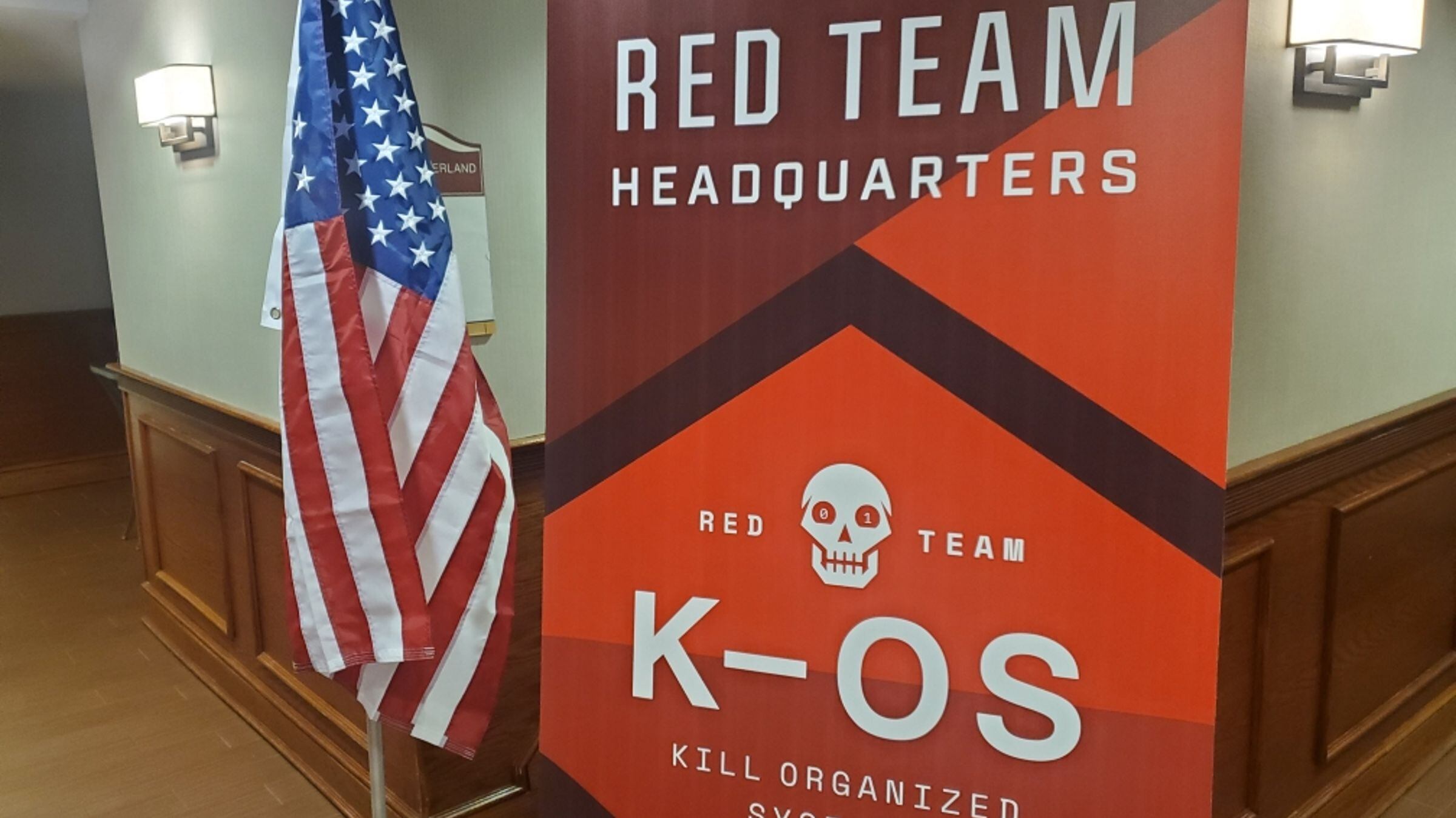After the Iowa caucus debacle and before the nation's first primary vote in New Hampshire, a cybersecurity firm ran an election hacking simulation Friday for law enforcement, DHS officials, FBI employees, and Secret Service members to prepare for the possibility of election interference.
Although New Hampshire Secretary of State Bill Gardner says the state's paper ballot should be safe, stating: "You can't hack this pencil.".
But Cybereason's Chief Information Security Officer Israel Barak told Cheddar, "When you look at the traditional ways of thinking about election meddling risks, people are used to thinking about manipulating voter registration holes or hacking electronic machines."
"We want to bring to light the fact there are a plethora of ways to affect the outcome of elections and public trust in the electoral process," he added.
Pencils may be protected, but trust is not.
"We got a reminder of the fragility of American trust during the Democratic [Iowa caucus]," Barak, a cyber defense expert, said. He called it a "failure in election support."
Even before the meltdown in Iowa, Gardner's office stepped up security ahead of the primary, investing in new protective software and cybersecurity training to monitor online threats.
"At the end of the day, the fact that the state is using paper ballots helps reduce certain types of risks, but it doesn't eliminate the risk," he said.
Shelby Pierson, the nation's first intelligence community executions threats executive, agrees. She told NPR threats may expand beyond those that Russia engaged inthe 2016 election.

The simulation concluded in New Hampshire involved two teams — one composed of law enforcement officials at the local, state, and federal levels and another representing hackers and cybersecurity professionals — that are presented with scenarios that include new risks to voting security.
Barak said the simulation does not focus on election support systems, like ballots, but on other methods through which bad actors may seek to creatively affect voting, such as creating gridlock on roadways to suppress voters, which could be acutely problematic in swing states or cities where small numbers of voters may affect elections.
He worries a "failure of imagination" may "be our downfall."
The preparedness exercises won't end after Tuesday's primary. Barak says there are plans to run additional exercises throughout local, state, primary, and federal elections.









